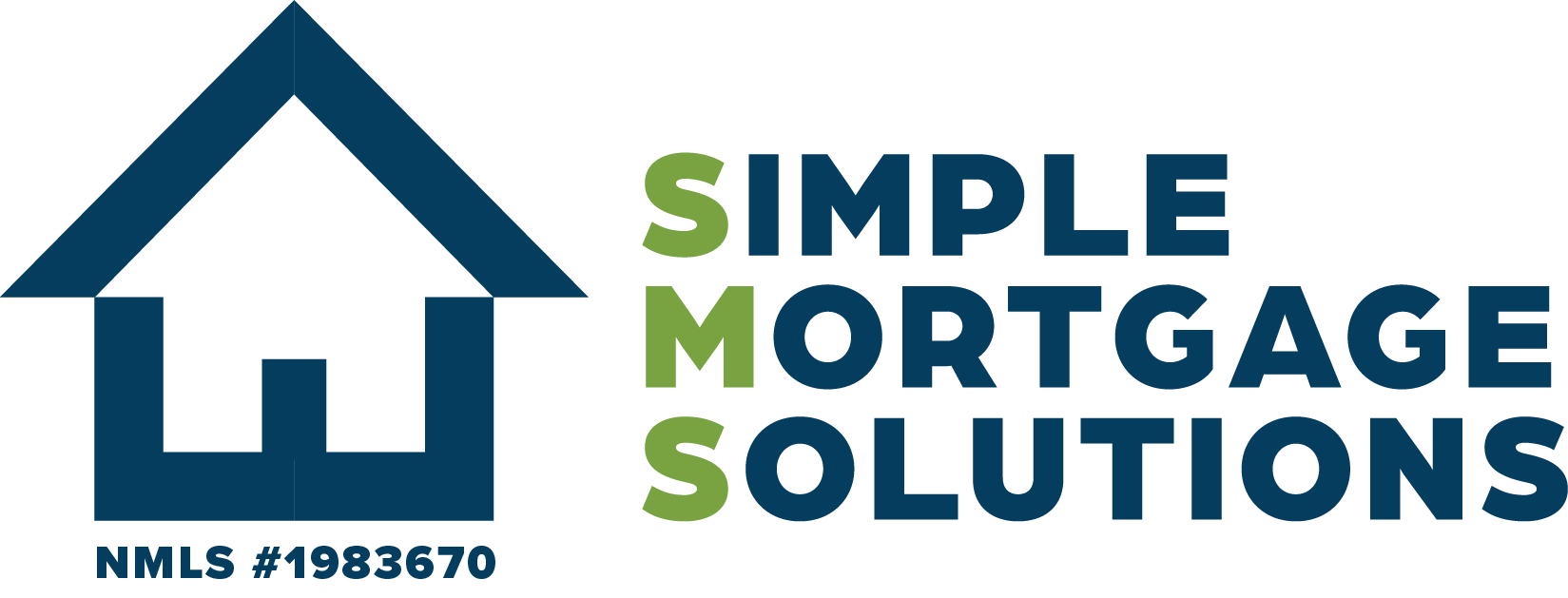
What Are DSCR Loans and Their Benefits?
DSCR stands for Debt Service Coverage Ratio. A DSCR loan is a type of real estate investment loan that doesn’t rely on your personal income to qualify. Instead, the lender focuses on the property’s ability to generate income—specifically, whether the property brings in enough rental income to cover the monthly debt payments.
In short, it’s all about the cash flow.
Rather than asking for pay stubs, W2s, or tax returns, lenders evaluate whether the property itself can “carry its own weight” based on its projected rental income. This makes DSCR loans especially attractive for self-employed investors, full-time landlords, or anyone with significant write-offs on their tax returns.
How DSCR Is Calculated
Lenders calculate the DSCR by dividing the monthly rental income by the monthly debt obligation (which includes principal, interest, taxes, insurance, and sometimes HOA dues).
Here’s a simple formula:
DSCR = Monthly Gross Rent / Monthly PITIA
Where:
P = Principal
I = Interest
T = Taxes
I = Insurance
A = Association fees (if applicable)
Example:
If the subject property rents for $2,000/month and the total PITIA payment is $1,600/month:
DSCR = $2,000 / $1,600 = 1.25
That means the property earns 25% more than it costs to operate monthly—exactly what lenders want to see.
Most lenders require a DSCR of 1.00 or higher, but many prefer a cushion of 1.10–1.25 or more. Some may allow DSCRs below 1.00 on a case-by-case basis, but expect tighter terms or higher rates if that’s the case.
Benefits of DSCR Loans
1. No Income Verification
One of the biggest advantages of DSCR loans is that your personal income isn’t part of the approval process. That’s a game-changer for:
Self-employed borrowers
Full-time investors
Retirees
People with high write-offs or tax strategies that reduce reported income
No tax returns, pay stubs, or employment verification required.
2. Fast Approvals
Since lenders are underwriting the property, not your full financial picture, DSCR loans can be approved and closed faster than traditional loans.
This speed gives you a competitive edge in today’s fast-paced market—especially when bidding on hot properties or dealing with tight closing timelines.
3. Scalability for Growing Portfolios
Most traditional lenders cap the number of financed properties you can hold (typically around 10). DSCR lenders don’t operate under the same restrictions. That makes them ideal for investors who want to:
Expand quickly
Refinance multiple properties
Tap equity across a portfolio
You can build a real estate business without hitting a wall due to loan count limits.
4. Works for LLC-Owned Properties
DSCR loans are often written to business entities, such as LLCs or corporations. This allows you to:
Protect your personal assets
Separate business liabilities
Simplify tax and accounting structures
If you’re taking your investing seriously and structuring it like a business, this flexibility is crucial.
5. Flexible Property Types
DSCR loans can be used for:
Single-family rentals
Duplexes, triplexes, and fourplexes
Short-term rentals (Airbnb, VRBO)
Condos and townhomes
Portfolio loans covering multiple properties
Whether you’re building a long-term buy-and-hold portfolio or getting into short-term vacation rentals, DSCR lending has options for you.
6. Credit-Friendly, Not Credit-Fixated
While credit scores do matter, DSCR lenders often have more flexible credit requirements compared to traditional banks. Many will lend to borrowers with FICO scores starting in the 640–660 range, though better terms are available for those with 700+.
And because they’re not scrutinizing your entire debt-to-income ratio, a few late payments in your personal credit history may not be dealbreakers.
Who Should Consider a DSCR Loan?
If any of the following applies to you, DSCR loans should be on your radar:
You're self-employed or run multiple businesses
You write off a lot on your taxes and show low personal income
You’re scaling a rental portfolio past the limits of traditional lenders
You buy and hold properties in an LLC or trust
You invest in short-term or vacation rental properties
You need a faster, simpler path to closing than conventional financing allows
In other words: if you're in the real estate game to grow your investment income and don’t want red tape slowing you down, DSCR loans are a solid tool.
Things to Watch For
Like any financial product, DSCR loans come with a few trade-offs:
Higher interest rates than conventional loans (usually 0.5–1% higher)
Larger down payment requirements, typically 20–25%
Prepayment penalties on some programs, especially for short-term hold investors
Appraisal-based rent estimates (Form 1007 or market rent schedules), which can sometimes differ from your actual rents
That said, for the flexibility they offer, many investors find these trade-offs worth it.
Is It Time To Get a DSCR Loan and Grow
DSCR loans are tailor-made for real estate investors who want to scale smart and fast—without the roadblocks of conventional income documentation or loan limits. Whether you're purchasing your first investment property or your fifteenth, understanding how these loans work can help you unlock more deals and build long-term cash flow.
Real estate investing is a business, and the right financing partner can make all the difference. DSCR loans give you the ability to qualify based on what matters most in this business: the performance of the property.
Looking to explore whether a DSCR loan is the right fit for your next deal? Let’s connect—we’ve helped dozens of investors structure creative, scalable financing strategies tailored to their long-term goals.


